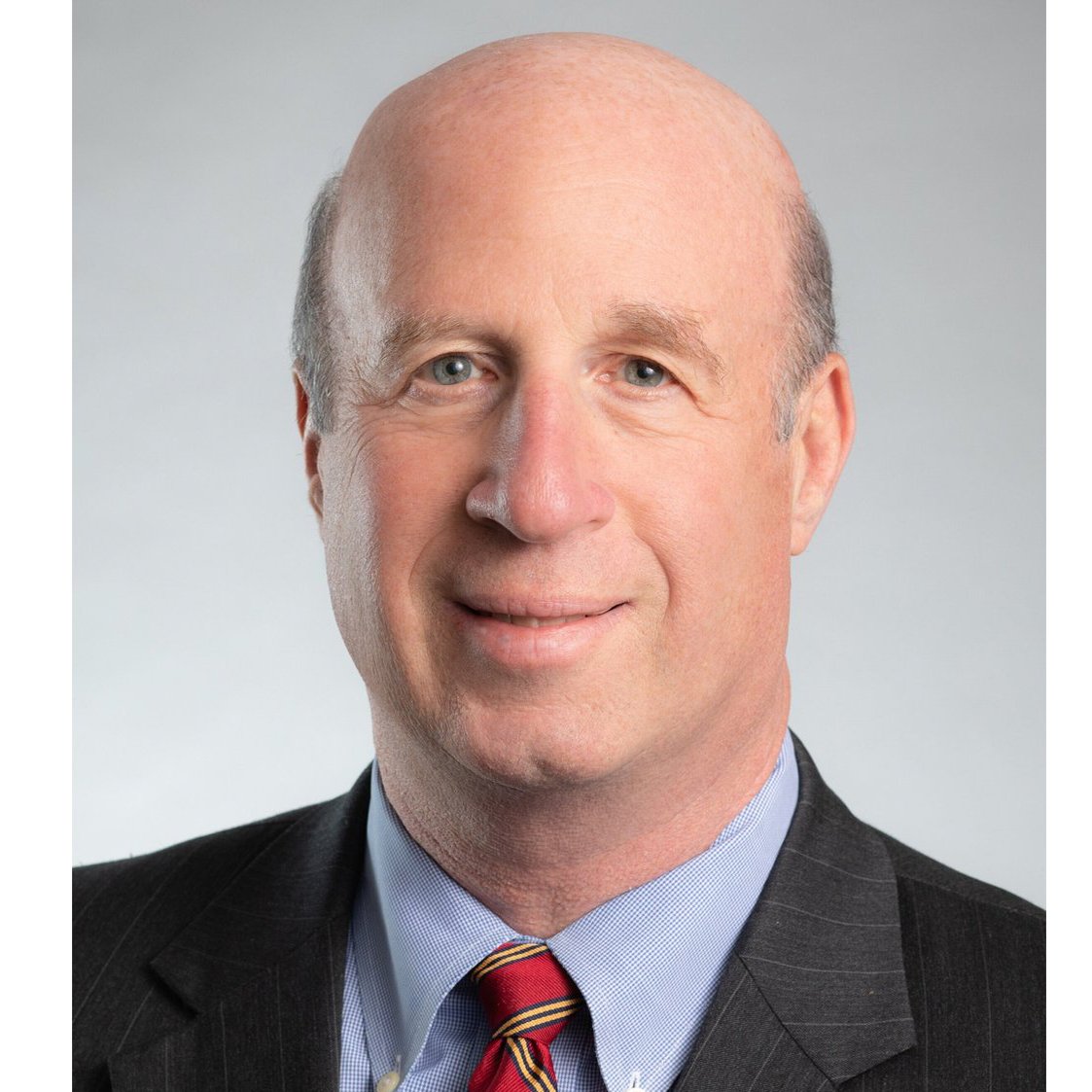We Should Trust Youth to Drive Their Own Learning
The brutal combination of COVID-19 pandemic disruptions, the rapid shift from in-person to online learning (and back again), and the intrusion of 21st century culture wars into school boards and classrooms has left a well-documented trail of educational damage: widespread learning disruptions, an exponential rise in mental health challenges, and teachers quitting in droves. While everyone from policymakers to teachers to parents is upset with the current situation, recent surveys have uncovered equally widespread dissatisfaction among the most vulnerable group of all: students.
A 2022 Transcend Education study found that only 31% of students reported that what they learn in school connects to life outside the classroom. The same study also found that only 35% of students said they learn about things that interest them, and only 29% claimed to have a say about what happens to them in school. Even before the pandemic, a 2020 Yale study found that nearly 75% of American students reported negative feelings about school. And all of this is part of a global phenomenon: in a 2020 Gallup student poll, 51% of Australian and New Zealand students reported not being engaged in school, with 18% feeling “actively disengaged.”
Given the considerable literature highlighting the relationship between student engagement and academic achievement, making education more engaging and relevant to students’ lives should become a top priority for educational leaders. Even so, adults — along with the organizations and institutions they lead, work for, and participate in — are struggling to connect with Generation Z.
And yet, there is a solution literally sitting before us in our classrooms every day: the students themselves. After all, how better to engage youth than to have them shape their own learning?
This involves more than simply soliciting feedback in focus groups and research studies, or even asking youths to lead one-time events, which are adjacent to the classroom experience at best. Educators need to take the next logical step and have young people design their own learning experiences. Let them do so in a structured and sustainable way to produce content that they themselves consider relevant, useful, and informative. Compared to what we have now, the resulting educational materials will represent a diverse range of personal experiences, communicate with an authentic youth voice, and be designed to inform, inspire, and empower young people everywhere.
Take, for example, the monthslong virtual internship at Global Nomads Group, where we serve as CEO and board member. In this experience, international teams of youth fellows (ages 13 to 19) collaborate online to develop social justice courses for their global peers on topics as diverse as Overcoming Bias, Mental Health, and Women’s Rights. The content is age-appropriate, relevant, tied to recognized learning standards, and effective: An external evaluation found that these youth-designed curricula have a greater effect on the global youth participants for our key outcomes of empathy, global awareness, and action-orientation than our prior, adult-generated content.
Adults who doubt the ability of young people to create meaningful, rigorous pedagogical content would be surprised by how Global Nomads Group’s fellows exhibit boundless resourcefulness, teamwork, curiosity, and moxie. Supported and trained by an expert staff, they choose meaningful topics, research subject matter, write lessons, create videos and multimedia, and design assignments that are appropriate for both individual and classroom use. They work collaboratively to organize and manage meeting schedules across continents and time zones. They adapt their language and communications to be both inclusive and comprehensible to varying levels of English-language speakers. They learn how to conduct accessibility audits and user experience studies and how to design inclusive learning experiences. They also address difficult conversations, broach taboo subjects, and push well past government-mandated educational standards, and they do so with nuance and maturity.
The youth-led model challenges adults to create learning structures and supports, and then to trust these young people to drive their own learning in ways that are substantial rather than symbolic. It’s a model that has the potential to dramatically transform classrooms and other learning environments. When youth — particularly those on the margins of traditional classroom structures — engage in curricular and pedagogical design, they partake in a reflective process that helps them better understand their own learning methods and make learning resources and processes more accessible. They design approaches that are multi-sensory, gamified, and engaging. With the right guidance and support, they can design for the inclusion and sense of belonging that many educational spaces fail to provide.
It’s precisely at this moment of learning crisis that we need to avoid looking backwards at old approaches and instead try a new model that meets students where their interests and needs converge. We must create rigorous systems and structures and then step aside, safe in the knowledge that young people are more than capable of engaging with one another on the serious issues they care about most. Then we can stand by as they work diligently, responsibly, passionately, and collectively with their peers to show us the path forward.
About the Authors:
Courtney Welsh is a seasoned leader in the public and nonprofit sectors and is Chief Executive Officer of Global Nomads Group. She was a founding member and Chief Operating Officer of the NYC Leadership Academy, and has consulted for organizations such as the Chan-Zuckerberg Initiative and the Aspen Institute. Courtney holds a M.Ed. from Harvard University and an executive level certificate from Columbia Graduate School of Business.
Scott Hefter, an executive consultant and recognized business leader, has led strategy and operations consulting with PRTM, PwC and Boston Consulting Group, and has worked in the US, Europe, Middle East, and Asia. After completing the Harvard ALI Fellowship in 2019, Scott served as COO at AmeriCorps, the federal agency that leads service, volunteering, and grant-making efforts in the United States. Scott is a passionate champion of Global Nomads Group, on whose Board he sits.



